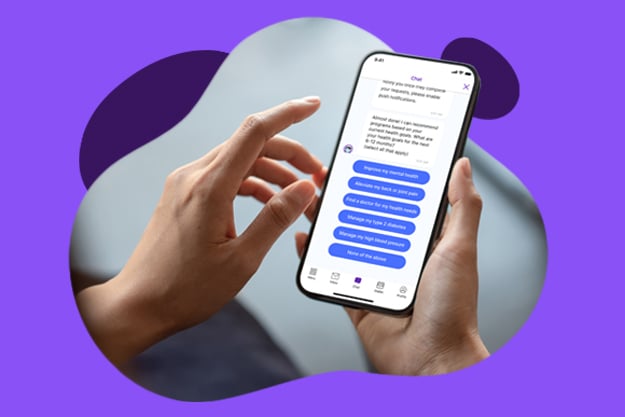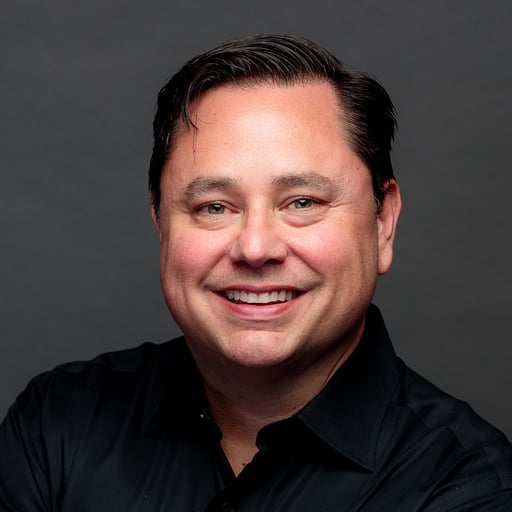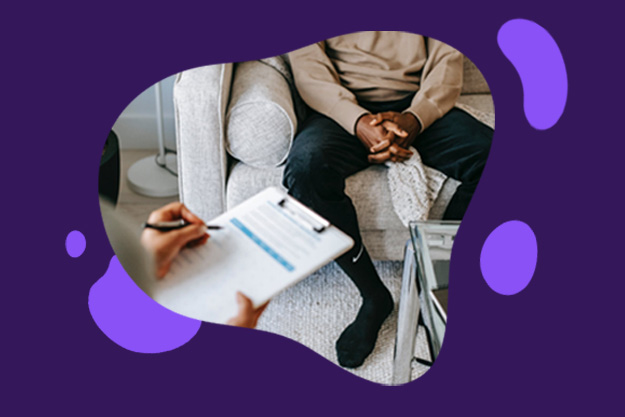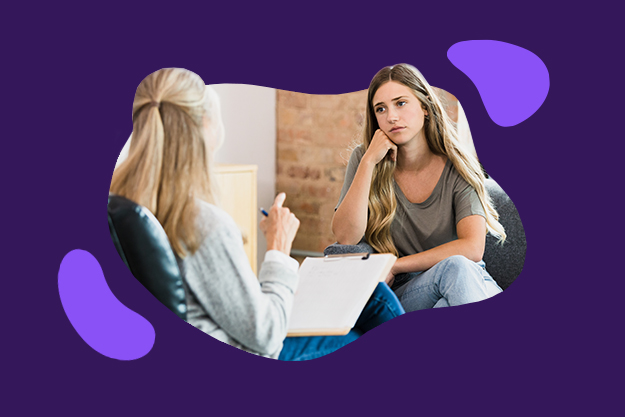
When we think of pharmacists, most of us probably have an image of a person who exists only behind the counter at your local drug store. You approach the pharmacist, answer a few questions, pay, and get your prescription medication in return. The pharmacist is like a mix of a security guard and vending machine designed specifically for medication.
I had a feeling that this Robocop-vendor description couldn’t possibly capture the duties of a pharmacist, so I asked my colleague what he thought. I am forever grateful for his wisdom: “they take big bottles of pills and put them in smaller bottles.” My colleague suspected that he wasn’t right either, and that many people might be unaware of all that a pharmacist can do. It turns out that today’s pharmacists are the result of thousands of years of healers who have led to the community health advocates and drug professionals whom we are all under-utilizing.
The Backstory
Pharmacists trace their roots back at least 6,000 years to a time when the role of pharmacist, physician, and even priest were combined into one. These doctors focused on helping patients and treating illness with whatever means they knew, often prescribing medicinal plants with accompanying prayers. According to an ancient Egyptian record of over 80 treatments, half an onion and the froth of beer was “a delightful remedy against death.” Thankfully, in the thousands of years since then, pharmaceutical predecessors have discovered the importance of dosage, healing substances beyond plants, and better ways to stave off death.
Today, pharmacists spend up to thirteen years on education before becoming a pharmacist, and they must complete continuing education classes on drug therapy every two years.
What They Really Do
Modern pharmacists come in a variety of flavors, ranging from psychiatric, research and even nuclear pharmacists, but we will focus on the specialist dispensing drugs that most of us think of when we hear “pharmacist.” While we may think his role stops there, a fully utilized pharmacist is a community health adviser, an accessible expert for basic medical information, and a provider of medicinal needs for a community.
From all of their education, pharmacists understand the use, clinical effects, and composition of drugs, including their chemical, biological, and physical properties. Pharmacists can save our lives with this knowledge – more than 125,000 Americans die every year from medication mismanagement, according to the National Pharmaceutical Council and American Hospital Association.
Pharmacists are also here to protect us, supervising the preparation of medicines or assessing quality to ensure drug purity and strength, and applying that knowledge to ensure appropriate selection and dosage for each individual. They check for possible interactions with other medicines, supplements, or medical conditions, and instruct patients on how to take medications, as well as what to do if certain side effects arise. They exist to protect people, and even doctors turn to pharmacists to learn about safe and effective medication use.
With all that pharmacists can do that I never knew about, I’m guessing that you and I alike are under-utilizing our pharmacists. Overall, their job is to promote health awareness and the health of the community, and the best way to help them do that is to ask questions. If you’re unsure what to do when you accidentally skip a dose of your medication, or if you don’t know whether you can sip wine while on your prescription, ask your pharmacist; he or she can and wants to help. What’s really great about pharmacists is they are the most accessible health care person in your life—you can just walk to a store and talk to them.

How HealthJoy Gets in Front of Healthcare Decisions
For an employee, navigating the healthcare system is just a series of difficult decisions. With unclear pricing and confusing deductibles, it’s...




 Rick Ramos
Rick Ramos


